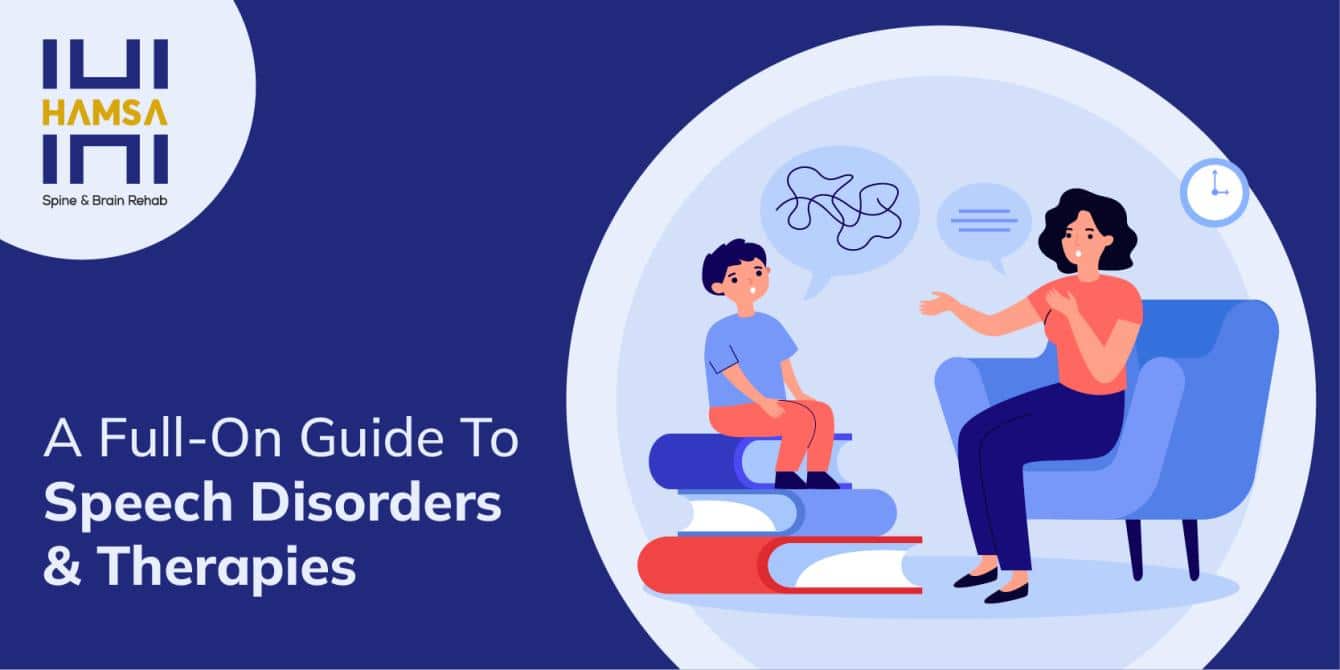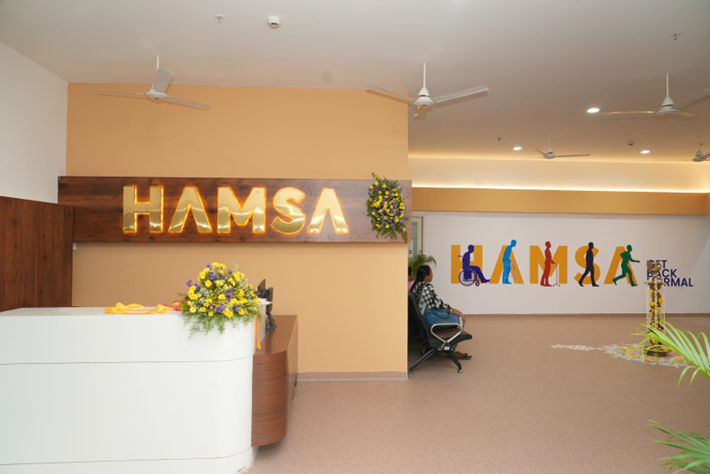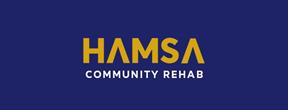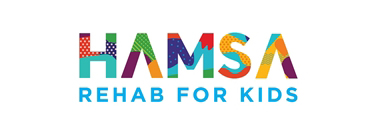
"Speech is power: Speech is to persuade, convert, and compel", says Ralph Waldo Emerson. Speech is the basic element of communication. But what happens if speech disorders impact one's ability to communicate?
Every year, millions of people worldwide are impacted by speech disorders. While some of them are rectifiable, some speech disorders last a lifetime. Is there no reprieve for those with permanent speech disorders? Fortunately, there is.
Speech therapy is the best solution for both permanent and temporary disorders. Our article takes an up-close look into the various speech disorders and the therapy options currently available. Continue reading to gain in-depth insights about this topic.
9 Common Speech Disorders You Should Know About
The American Speech-language Hearing Association (ASHA) defines "speech" as to how we say words and make sounds. Speech disorders occur when a person loses the ability to speak or make sounds. These disorders are characterised by:
- Raspy voice
- Pauses while speaking
- Repetition of syllables or words
Here's a compilation of the most commonly known speech disorders that affect children and adults.
#1. Childhood Apraxia
Like every other action in your body, your ability to talk is controlled by your brain. When you want to talk, your brain commands your throat and mouth muscles to move and your vocal cords to deliver the sounds. However, with Childhood Apraxia, the messages are not delivered correctly. Thus, the child cannot move their tongue or mouth even if the muscles are in healthy condition. Childhood Apraxia varies in severity. Unfortunately, the condition is so severe in some children that it completely affects their ability to talk.
#2. Adult Apraxia
In adults, the same condition can be categorised as:
- Acquired Apraxia
- Verbal Apraxia
- Dyspraxia
Verbal Apraxia is often caused by stroke, traumatic brain injuries, and severe oxygen deprivation.
#3. Dysarthria
Dysarthria is caused by a loss of strength in the muscles due to brain damage. It can be mild, medium, or severe, and it can occur in conjunction with other conditions like Speech Apraxia. Dysarthria is commonly characterised by:
- Slurred speech
- Slow or fast speech
- Soft speech
- Robotic speech
- Inability to move the tongue or mouth
#4. Aphasia
Aphasia occurs when the areas of the brain responsible for processing language are damaged. This language disorder affects the person's speech and robs them of the ability to understand, read, and write.
A person with Aphasia can have a hard time forming coherent sentences. They often forget the right words or names. So they end up using the wrong word or use made up words. The severity of Aphasia depends on:
- Location of the brain injury
- Extent of the damage
- Age of the person
- Ability to recover
- General health condition
#5. Selective Mutism
Another common childhood language disorder, Selective Mutism, is characterised by:
- Extreme shyness
- Anxiety disorders
- Refusal to mingle with people
- Mental trauma
- Fear of embarrassment
- Refusal to talk in public
#6. Orofacial Myofunctional Disorders (OMD)
OMD can occur at any age. An abnormal lip, jaw, tongue position, prolonged thumb sucking, speech abnormalities and difficulties are often the causes for OMDs. An OMD can result in various difficulties. The person may experience:
- Difficulty in breathing, swallowing, eating, and talking
- Poorly developed facial bones and muscles
- Chronic open mouth position
- Lisping, tongue thrust and speech distortion
#7. Stuttering
Stuttering is the most commonly known and most identifiable speech disorder. While everyone may stutter once in a while, it develops into a speech disorder when it impedes communication. Stuttering is identified in three ways:
- Repetition of words or sounds
- Prolongation or stretching of sounds
- Blocks or difficulty in saying words
Stuttering affects speech fluency and flow, leading to communication anxiety and loss of self-esteem. It is rather unfortunate that people affected by stuttering are also subjected to ridicule and bullying.
#8. Speech & Sound Disorders
Children should be able to make speech sounds by the age of four. If not, they maybe diagnosed with speech sound disorders, also known as phonological or articulation disorders. However, children are not the only ones affected by speech sound disorders. Some adults suffer from an underlying disorder since childhood, while others may acquire this disorder after sustaining a brain injury.
#9. Childhood Speech Delays
Also known as Alalia, speech delays refer to a delay in developing or using speech skills. Children sometimes struggle with receptive language, so they have difficulties following directions, understanding gestures, and answering questions.
People with speech disorders are fully aware of what they want to communicate. However, their problem lies in their inability to convey their thoughts through words. Speech impediments often lead to more serious issues like depression and loss of self-esteem.
Unfortunately, we live in a world where most people do not understand the full impact of speech disorders. Even at their mildest, speech disorders can cause anxiety to the person experiencing it. Over time, speech disorders can destroy their self-confidence leading to panic attacks, self-isolation and depression.
At Hamsa Spine and Brain Rehab, Chennai, speech therapy experts strongly suggest early treatment to regain speech ability before it worsens. Globally, Speech-Language Pathologists (SLPs) rely on several proven therapies to rectify speech-language disorders. They are as follows.
Speech Therapy Types: To Regain Speech & Rebuild Confidence
- Therapy for late talkers
Children start talking coherent, understandable words and sentences by two years. However, some children do not start talking until they are three or four years old. Such toddlers are often referred to speech therapists who try various techniques such as:
- Encouraging verbal responses through play
- Usage of sign language or picture cards
- Creating circumstances to elicit speech
The SLP may recommend hearing tests for further evaluation, depending on the progress.
- Therapy for Apraxia
To assess childhood Apraxia, SLPs rely on several methods:
- Oral motor assessment- To assess the weakness of the muscles in the jaw, lips, and tongue
- Melody of speech assessment- To check the appropriate stress on syllables and the right usage of pitch and pause
- Speech sound assessment- To determine the child's ability to pronounce vowels, consonants, and other sound combinations. This test also determines how well others can understand what the child communicates
Therapy for Aphasia
The prime objectives for Aphasia therapy are to evaluate a person's ability to express themselves, understand others, and their swallowing abilities. To help overcome Aphasia, SLPs may use drills group therapy to improve conversational skills. The person will also be taught gestures and writing techniques to augment their communication.
Therapy for stuttering
One of the most common therapy methods to curb stuttering is teaching the child or adult to control their speech rate. Stuttering often worsens when the person tries to speak too quickly. Learning to control the speed will result in better fluency. SLPs also recommend behaviour modification techniques to rectify stuttering.
Therapy for swallowing difficulties
SLPs will help coordinate the infant's suck-swallow-breathe patterns for swallowing difficulties that occur at infancy. Toddlers and older children are taught exercises to enhance the strength and movement of the tongue muscles. SLPs will also recommend changes in the food consistency to facilitate easy chewing and swallowing.
HAMSA: Breaking Speech Barriers With Excellent Therapies
Speech disorders are not incurable. Consistent therapy coupled with breathing exercises and the right medication can remarkably improve speech quality.
At Hamsa, we have some of the city's best SLPs who are experts in identifying the disorder and rendering the right therapy methods. Swing by here to fix an appointment with our therapists.












